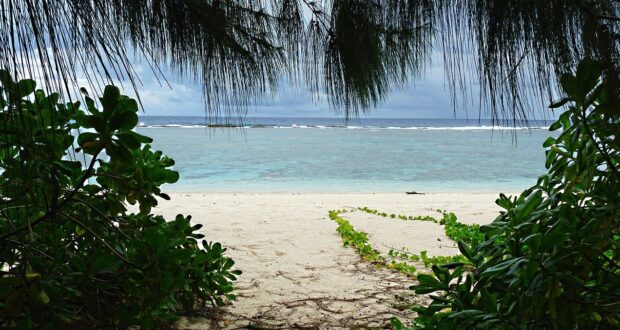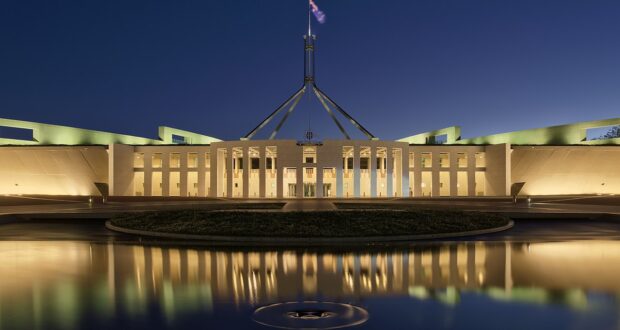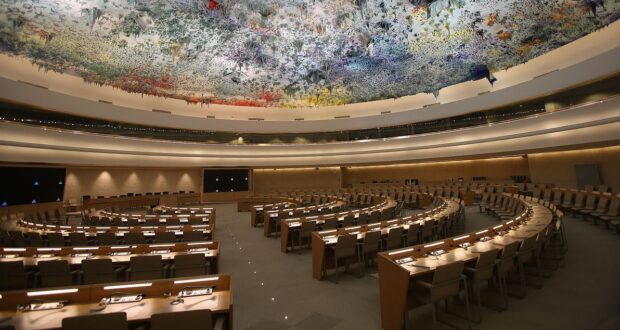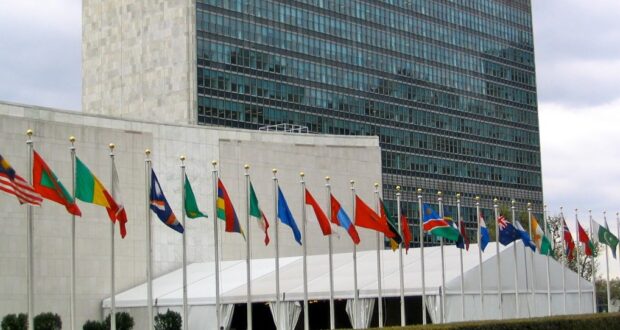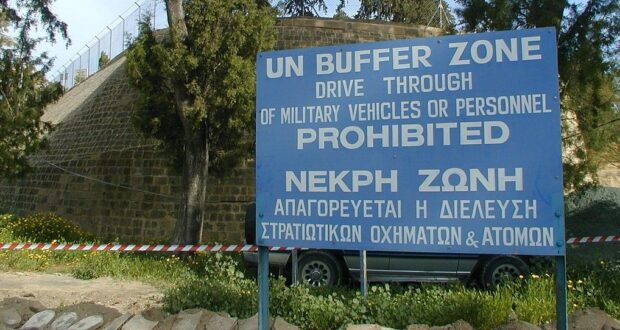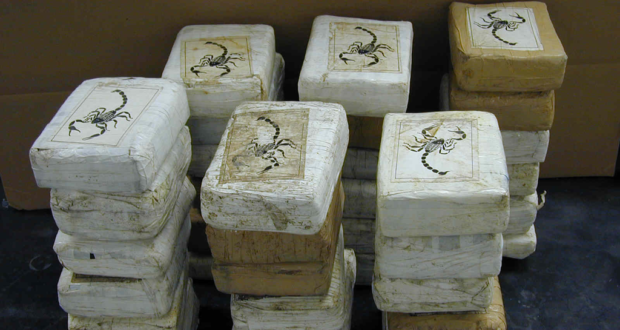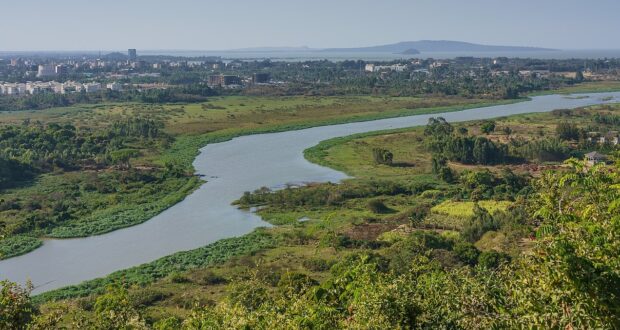Global Governance and Human Rights
Jessica Honan
July 5, 2021
Global Governance and Human Rights, Latest Articles
Under international law, treaties and instruments create an obligation for States to decolonise foreign territories. Yet despite this comprehensive body of law prohibiting colonisation (both outright and as a consequence of its effect on the right to self-determination and sovereignty), there are still cases in modern geopolitics where one State is an imperial power over a foreign territory.
Read More »
Ataa Dabour
June 29, 2021
Global Governance and Human Rights, Latest Articles
Despite being an important part of our societies with a great potential for fostering peace, youth voices often remain unheard, especially in multilateral settings. Peace and security issues were dealt with, thought through, and discussed only among senior experts until recently.
Read More »
Jessica Honan
May 28, 2021
Asia and Pacific, Global Governance and Human Rights, Latest Articles
Unlike other liberal democracies, Australia’s legal protection of human rights is not through a Bill of Rights or human rights legislation, but through various Constitutional, common law and statutory protections.
Read More »
Jessica Honan
April 19, 2021
Global Governance and Human Rights, Latest Articles
Whilst the decision in the Chagos advisory opinion creates no legally enforceable outcomes, its jurisprudence and its redefinition of the right to self-determination will be relevant to future ICJ decisions on self-determination.
Read More »
Ataa Dabour
April 8, 2021
Economic Development, Global Governance and Human Rights, Latest Articles
The title of this article may, at first glance, seem ironic or unrealistic. Indeed, imagining links between business, human rights and peace may be inconceivable for the obvious reason that the protection of human dignity and the maintenance and preservation of peace are generally the responsibility of states. However, the debate on the need for corporate responsibility to incorporate respecting human rights is not new.
Read More »
Jessica Honan
March 21, 2021
Global Governance and Human Rights, International Law
Negotiation’s dynamic nature and general applicability means it is adapted to resolving a large portion of international disputes. This is evidenced by the fact negotiation is the most commonly employed tool for settling international disputes. Unlike more rigid forms of dispute resolution, such as judicial arbitration through legal proceedings before the ICJ, forms of negotiation occur daily in non-formal settings.
Read More »
Oliver Hegglin
March 13, 2021
Europe, Global Governance and Human Rights, Latest Articles, Uncategorized
As the years pass and younger generations grow up in a de-facto partitioned Cyprus, it will increasingly become less-likely that Cyprus will be unified in the future. While parties to the Cyprus issue prepare for their meeting with UNSG Guterres this April, they should also prepare for the likely reality that the “frozen conflict”-zone of Cyprus will remain in a state of political limbo, akin to Western Sahara and the Palestinian Territories.
Read More »
Ataa Dabour
March 8, 2021
Global Governance and Human Rights, Latest Articles, Technology
The military-strategic superiority requirement is creating increasing pressure and plunging states into an AI arms race, as was the case for nuclear weapons in the 20th century. As the military use of AI has become the focus of great power competition, governments around the globe are increasingly investing in research projects to enhance their armed forces’ combat capabilities by providing them with brand-new technological equipment, including autonomous weapons systems.
Read More »
Mette Kaalby Vestergaard
March 2, 2021
Africa, Global Governance and Human Rights, Latest Articles, Sub-Saharan Africa
Located in West Africa, Guinea-Bissau, with its 1.8 million people, constitutes what has for many years been a fragile state located in between Senegal and Guinea. Beside the overshadowing problem of not being able to sustain a stable governing system, the country is struggling with networks of drug trafficking – a problem that is not new, but has proven hard to combat in the given security context.
Read More »
Jack Davies
February 18, 2021
Africa, Environment and Energy, Global Governance and Human Rights, Latest Articles
With water scarcity in some highly populated regions projected to increase over the coming decades, some have argued that wars over access to and control of water may become some of the most common, most devastating conflicts of the 21st century.
Read More »
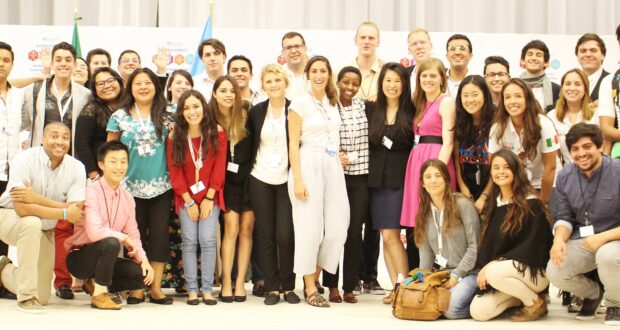
 Human Security Centre Human Rights and International Security Research
Human Security Centre Human Rights and International Security Research
